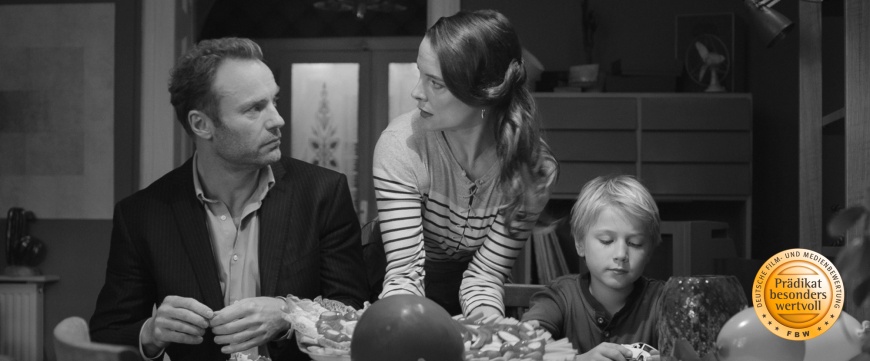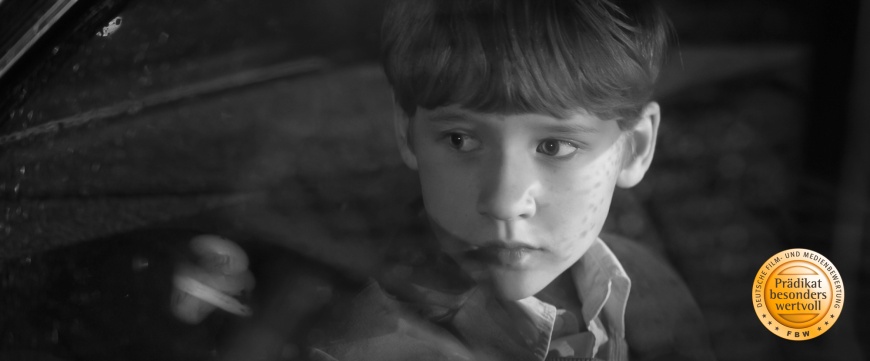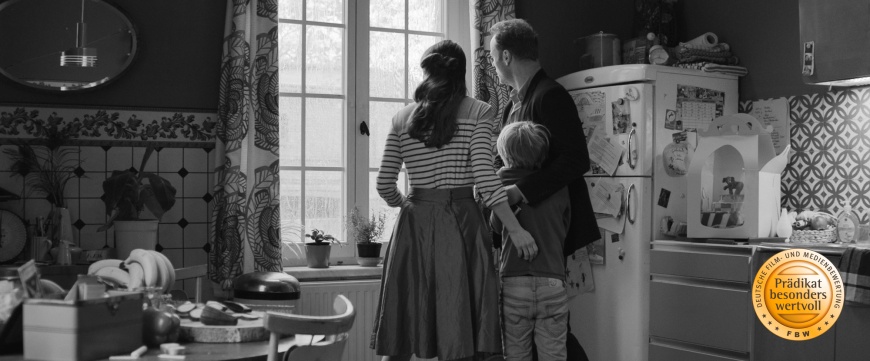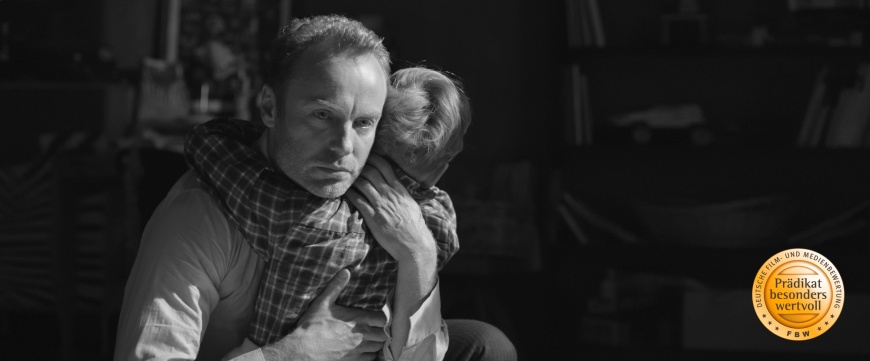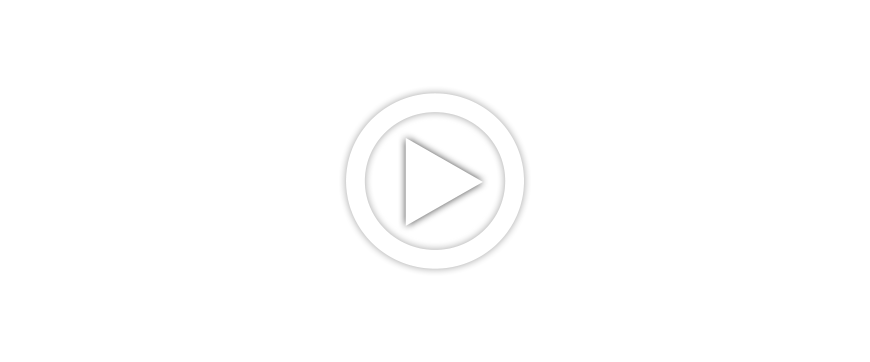Director’s Commentary
»A few years ago my wife and I organized a birthday party for our then 6-year-old son. Convinced that his happiness depended on the success of the party, we invited eleven children. The party was planned for the backyard of our Berlin apartment building, but a heavy rain forced us all into our small living room. The tensions between us parents grew as we slid from one near catastrophe to the next. After the celebration we noticed that our son was still playing with a boy in his room who hadn't been picked up. His parents were not available and we became more and more anxious by the minute. From one moment to the next, we were inundated with accusations. The living room was devastated, we were dead tired and a strange boy was sitting in our child's room. When an elegant woman finally picked up the boy two hours late, it didn't seem a big deal to her. And maybe she was right.
That night marked the beginning of a long process for me, at the end of which is the film "The Birthday". In this process I expressed the anger towards my father, which I could not formulate as a child, and all my fears and doubts about my own role as a father. The story is divided into three chapters and takes place largely at night. Outside it is pouring down rain, fog is drifting over the sidewalks. The rain shimmers atmospherically on the wall of the room, shadows scurry over the walls of houses like in an expressionist film. All this gives the events a subtle surreal touch. The harmony of black-and-white aesthetics and jazz music creates an atmosphere in which the actions of the figures can be understood as metaphors. Telling a family drama as a film noir to make the protagonist's inner life visible: Bringing a strange little boy home turns into a horror trip that causes a profound change in the main character. In condensed 24 hours the anti-hero learns what being a father means. "The Birthday" is not an everyday drama, but begins where the everyday ends.«
Carlos A. Morelli


